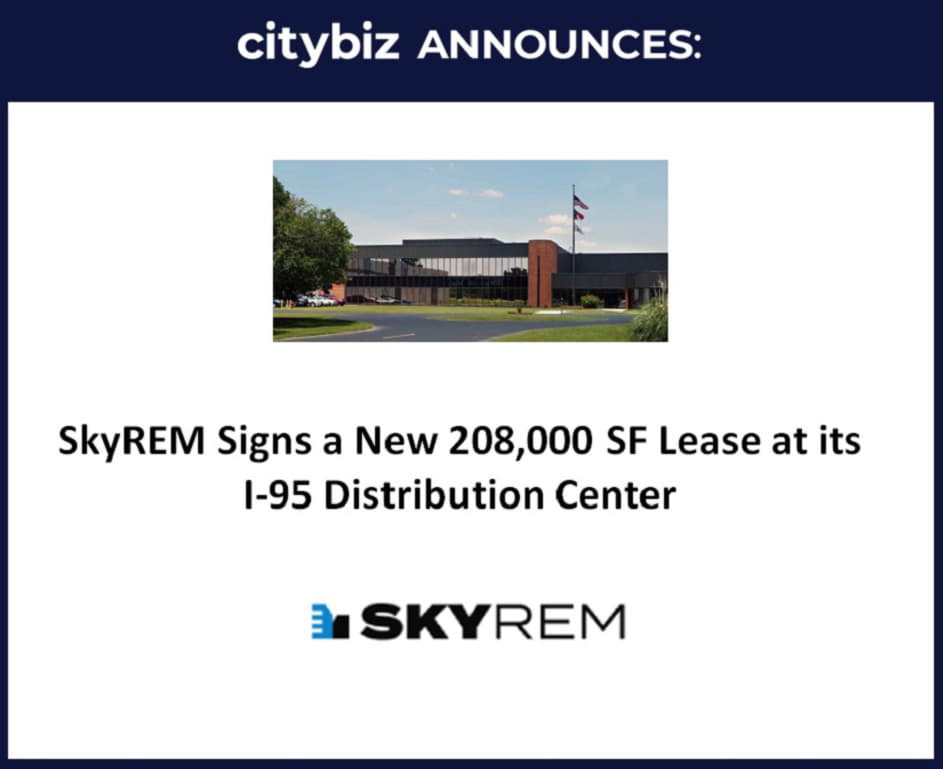With six major military installations and the fourth-highest U.S. Department of Defense personnel population among all states, North Carolina has long been established as a military mainstay.
Through that substantial presence, mixed with a diverse statewide business environment, the military has come to play a central role in driving North Carolina’s economic engine.
“Where most people think of our bases and our military presence as an Eastern North Carolina thing, we actually have military presence all across our state,” said Scott Dorney, executive director of the North Carolina Military Business Center. “The bottom line is that North Carolina is a military state.”
The Defense Department has an annual impact of $66 billion in North Carolina, comprising around 12 percent of the state’s gross domestic product and making the military the second-largest sector of the state’s economy, behind only agriculture.
Due to North Carolina’s large population of active duty, civilian, reserve and National Guard personnel, it received $6.7 billion in DoD personnel spending in 2016, according to the department’s most recent “Defense Spending by State” report. While that was down from $7 billion the previous year, it still was the fifth-highest total among all states.
“We have the potential to grow our installations here,” Dorney said. “The military is a growing presence in the state, and certainly it’s a growth industry in the United States as we face more sophisticated and worldwide threats.”
A valuable customer
The military supports about 10 percent of all North Carolina employment, and federal military spending contributes over $11 billion to the state’s economy each year – the fourth-highest spending total in the U.S. – according to the 2018 defense industry report by the Economic Development Partnership of North Carolina.
While the federal defense industry directly contributes to hundreds of thousands of North Carolina taxpayers, it also serves as a valuable customer for thousands of businesses throughout the state.
Chris Chung, CEO of the partnership, said that defense is a bit different than a sector like manufacturing or agribusiness, encompassing numerous industries because “what you’re talking about are companies that are providing goods or services that are utilized by the military.”
“That can be everyone from people making specialty apparel and textiles that are used by warfighters,” Chung said. “That can be people providing cybersecurity services. I mean, it’s even people providing routine services to the military. That could be catering, that could be vending, that could be cleaning, all of those things. The military is a huge buyer of products and services.”
Chung said that the U.S. government is as reliable of a client as a company can find in terms of assured payment. Still, many businesses that work in the defense industry in North Carolina have the military as one of many clients.
Numerous industries
Charlotte-based aerospace solutions company Collins Aerospace has more than 2,500 employees at sites throughout the state. Its clients include commercial companies like Boeing and Airbus SE, defense contractors like Lockheed Martin and Northrop Grumman, and the U.S. military and its global allies.
Al Killeffer, Collins Aerospace’s senior manager of public relations, said that military sales account for approximately 25 percent of the company’s portfolio. The company saw sales of $23 billion in 2017 on a pro forma basis, according to a company press release.
“Going forward, we expect to see significant opportunities for new offerings that will further enable the connected battlefield,” Killeffer said. “U.S. and allied forces are seeking to modernize their intelligence collection, analysis and management capabilities, and Collins Aerospace can help them excel here.”
He referenced the company’s reconnaissance tools, which capture detailed images from the air and directly transmit them to individuals on the ground, and anti-jam technologies, which assist in navigation for warfighters in contested aircraft environments, as two defense system products Collins Aerospace offers.
Data compiled by the partnership found 1,565 private defense companies throughout North Carolina, employing anywhere between one and 15,000 people. Over 80 percent of these companies were focused in research and development, with other focuses ranging from aircraft engine manufacturing to pharmaceutical preparation to explosives manufacturing.
Research Triangle focus
A high concentration of research and development companies that service the military are located in the Research Triangle Park. Dorney said that Durham County is the No. 1 county for federal contracting in the state, adding that the Triangle region’s combination of elite universities and high-level industry have made it an enticing area for the Defense department.
“Now, research and development and new product development happens so much faster in the private sector that the Department of Defense realizes they have to connect with R&D that’s occurring in the universities and in industry if we want to keep a competitive advantage over our potential adversaries,” Dorney said.
Dorney’s organization is a component of the North Carolina community college system, and its purpose is to help businesses statewide compete for and win federal military contracts. He said that around 53 percent of government contracting in North Carolina goes toward service providers, from IT services to special forces training services to landscaping services.
Around 30 percent of those contracts go toward construction, Dorney said, whether it’s on major bases such as Fort Bragg, the largest military installation in the world, or any other military facility throughout the state. The remaining portion of military contracts in North Carolina go toward products.
Dorney said that there is no lack of opportunity for North Carolina companies in federal contracting as the industry continues to change and grow. At a state level, Chung said, the focus is figuring out what needs the military will one day have and convincing companies that have a potential to serve those needs to get in the game early.
“If you look at what the military is ultimately trying to do, which is be smarter and more effective and more successful in combat situations, they’re trying to be better warfighters at the end of the day,” Chung said.






